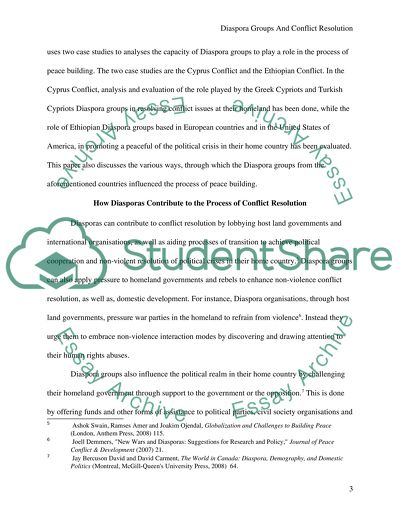Cite this document
(“Explain the potential of Diaspora groups to contribute to the process Essay”, n.d.)
Retrieved from https://studentshare.org/history/1498857-explain-the-potential-of-diaspora-groups-to
Retrieved from https://studentshare.org/history/1498857-explain-the-potential-of-diaspora-groups-to
(Explain the Potential of Diaspora Groups to Contribute to the Process Essay)
https://studentshare.org/history/1498857-explain-the-potential-of-diaspora-groups-to.
https://studentshare.org/history/1498857-explain-the-potential-of-diaspora-groups-to.
“Explain the Potential of Diaspora Groups to Contribute to the Process Essay”, n.d. https://studentshare.org/history/1498857-explain-the-potential-of-diaspora-groups-to.


